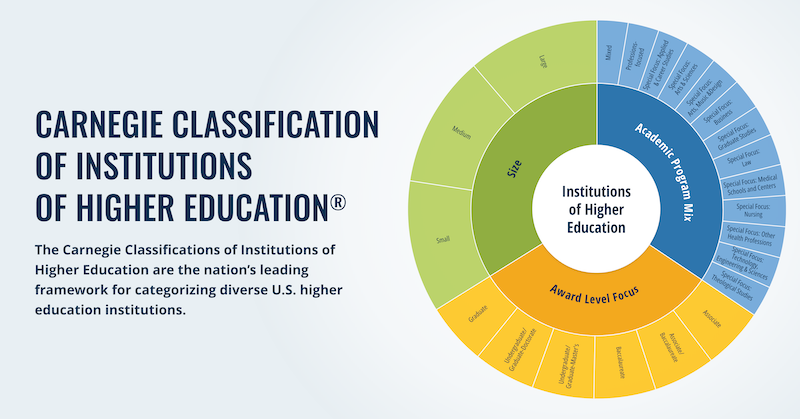What We’re Reading: Why Correctly Assessing Variation Is Fundamental to Sound Decisions
March 24, 2017
Thomas Nolan, Rocco J. Perla, and Lloyd Provost have published an update to a classic article on understanding variation and why it matters more than anything else for achieving improvement. As the authors state, “Decisions made without knowledge of common and special causes often lead to increased variation, poor performance, and misattributed credit or blame.” In education, we see many troubling and negative consequences from ignoring variation, including blaming classroom teachers when programs fail and wasting money and other resources on failed program implementations. As one of the six core principles of improvement states, “Variation in performance is the core problem to address. The critical issue is not what works, but rather what works, for whom and under what set of conditions. Aim to advance efficacy reliably at scale.” In education, large-scale improvements require local action, which requires attention to variation. Read more here.





